History of Science, Philosophy and Culture in Indian Civilization: Advaita Vedanta (Volume II, Part 2)
Synopsis
The volumes of the Project on The History of Science, Philosophy and Culture in Indian Civilization aim at discovering the main aspects of India's heritage and present them in an interrelated way. In spite of their unitary look, they recognize the difference between the areas of material civilization and those of ideational culture. The Project is executed by scholars with different ideological persuasions and methodological approaches and is marked by methodological pluralism. In spite of its primary historical character, this Project, both in its conceptualization and execution, has been shaped by many scholars drawn from different disciplines. It is for the first time that an endeavour of such a unique and comprehensive character has been undertaken to study critically a major world civilization like India. Rooted in the Vedic heritage, the systems of Vedanta emphasize the importance of, and the way to, spiritual transcendence. They are divided into two groups on the basis of certain metaphysical, epistemological, and soteriological issues. While Advaita Vedanta which is monistic in the strict sense of the term is on one side, other systems of Vedanta, which are pluralistic, are on the other side.The present volume which deals with Advaita Vedanta consists of three sections: the first one covers classical Advaita; the second one examines the impact of Advaita on contemporary Indian Philosophy; and the third one gives an account of Advaita in vernaculars. There are two dimensions in Advaita. While the empirical dimension known as the vyavaharika shows Advaita is a rigorous, systematic philosophy, the trans-empirical aspect known as the paramarthika brings out its mystical outlook. Advaita holds that there is no incompatibility between the empirical and the trans-empirical; because Brahman which is trans-empirical is the ground of the empirical; and there cannot be any contradiction or incompatibility between the ground and the grounded.
Read more
64.80
58.32
$
72.00 $
Free delivery Wolrdwidе in 10-18 days
Ships in 1-2 days from New Delhi
Membership for 1 Year $35.00
Get it now and save 10%
Get it now and save 10%
BECOME A MEMBER
Books by the same author
-
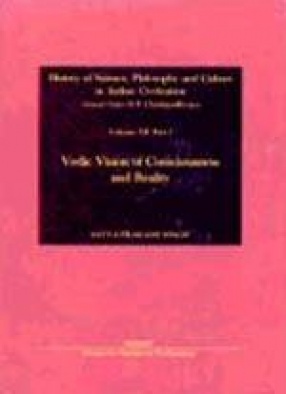
History of Science, Philosophy and Culture in Indian Civilization: Theistic Vedanta (Volume II, Part III)
-
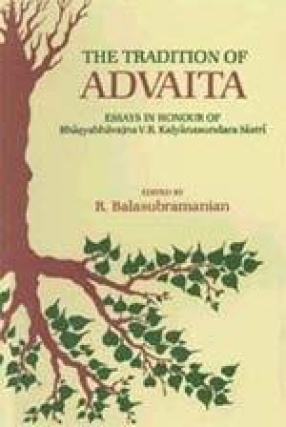
The Tradition of Advaita
-
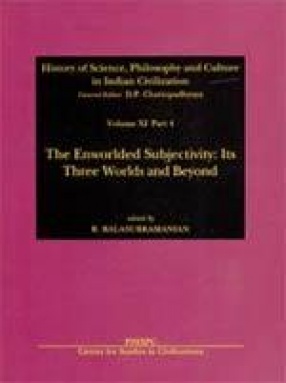
History of Science, Philosophy and Culture in Indian Civilization: The Enworlded Subjectivity: Its Three Worlds and Beyond (Volume XI, Part 4)
-

Perspectives in Philosophy Religion and Art

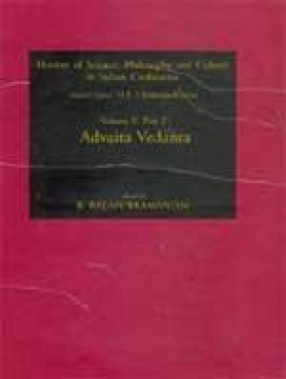

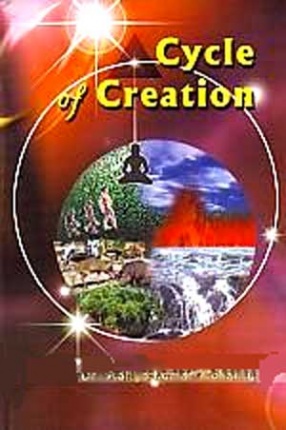
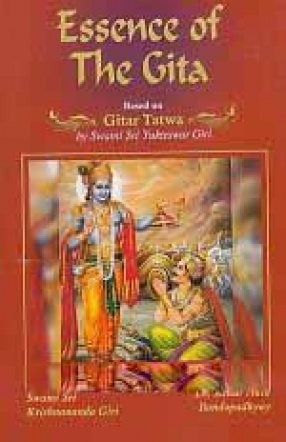

Bibliographic information